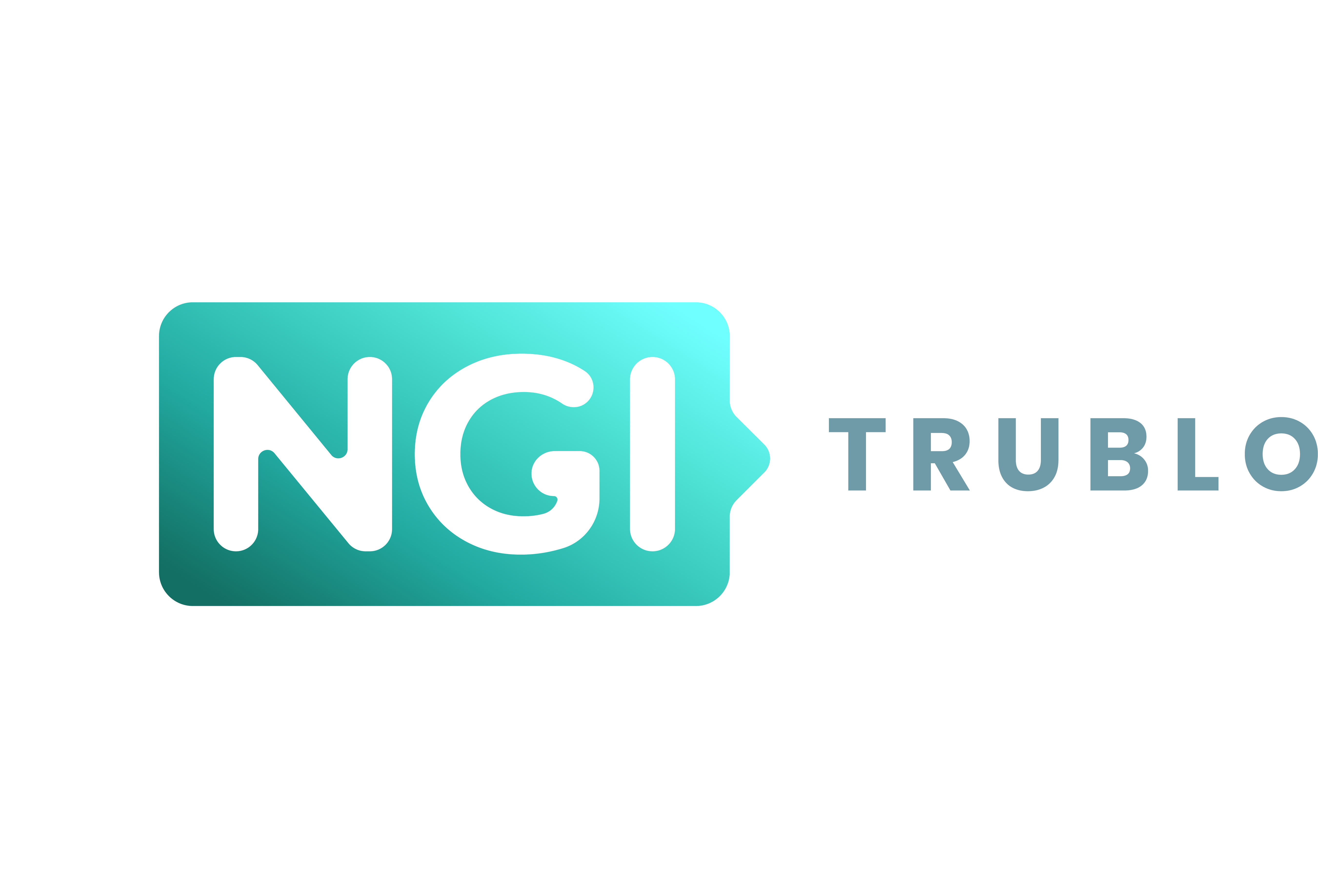TruBlo 1st Open Call – join until March 19, 2021.
Up to €175.000 for ideas applicable to trustable content on future blockchains. Apply here
Updates this week:
Trust and Content
Bitcoin Bubble
There is a speculation bubble forming, based on the rise of the Bitcoin price. Stories of lucky people who got in early now pull in others. Everyone wants a piece of the cake. This is how bubbles evolve and why they result in damage when they burst.
Why so negative? Because what is going on is too much, too fast. Digital money and trustable finance platforms have yet to pass a real stress test. There is much refinement needed and ultimately some form of regulation. But a boom-and-bust cycle will likely just ignore such warnings and concerns.
Misleading signals are part of the problem. Tesla made headlines because the company invested $1,5 billion in Bitcoin.
Many see this as the moment cryptocurrencies are validated as the new normal. This is not the case, instead it is just a perception caused by an overrepresentation of such events in the news. Everyone in the current market is a speculator.
Different from small investors who might even borrow money to get into crypto, Tesla uses funds which it does not immediately need. In a recent annual report Tesla said the Bitcoin transaction would help to “diversify and maximize returns on our cash that is not required to maintain adequate operating liquidity”. LINK
The European Central Bank (ECB) has issued stern warnings that investors can “lose all their money” when investing in cryptocurrencies. See, for example, this ECB publication: “The future of money – innovating while retaining trust”. LINK
New industry alliance: Digital Trust and Safety Partnership
Leading technology companies established a new industry framework to handle harmful content and conduct online. It is called the “Digital Trust and Safety Partnership”.
The companies who have joined are Facebook, Google, Microsoft, Twitter, Discord, Pinterest, Shopify and Vimeo. But so far the goal is simply to develop guidelines, not a rigid set of rules to fight the problem. Needs work. LINK
Wordproof: Timestamping content to verify digital articles
Wordproof from Amsterdam offers a way to “timestamp” an online article. This information is stored in a blockchain. This enables to determine who published something and when. Potentially search engines will consider such information, so that original and unique content can be displayed with preference. Interesting.
LINK
Why changes to the “Identifier for Advertisers” are a big deal
Apple is in dispute with the mobile advertising industry, caused by intended changes to the Identifier for Advertisers (IDFA). Apple wants to ensure that iPhone users can keep their data private, this is why the company has announced more restrictive handling. For platforms which depend on advertising this likely causes a disruption. Facebook is strongly opposed to the changes. This is another evolving debate about the future internet. Because of multiple complaints the introduction of the changes was postponed to early 2021. LINK
BLOCKCHAIN
Promising European blockchain start-ups
A good article here, via EU startups. The list includes companies like Settlemint (Belgium), Odem (Switzerland) and DappRadar (Lithuania). The challenge is that many of these companies started during the hype over blockchain in 2018. There is a need for updated information on these efforts. In the coming weeks, TruBlo aims to reach out for updates. LINK
eWallet loyalty
We recommend, for inspiration towards new ideas: “The Future 100”, a well-researched trend report from WundermanThompson, an advertising agency. The study of hundred trends is interesting as it covers so many areas, from trends in interior design to innovative tech platforms.
One of the hundred predictions is the rise of eWallets. It makes sense to be able to pay with a device we all have in our pockets, the mobile phone. One early finding related to eWallets is that users are quite loyal to the application they initially selected – similar to sticking with a bank for a long time.LINK
What are NFTs (Non-fungible tokens)?
NFT is the acronym for “non-fungible tokens”. If you heard about this, but could not really fathom what “fungible” means, you are not alone.
So what are NFTs? Let’s start with the big difference: If you get one Bitcoin it does not matter which one it is, all coins are the same. This is what the economic term “fungible” describes. Gold is fungible, too: If you get one gold coin it is irrelevant which one you get.
NFTs are non-fungible. They are unique tokens and can be used for just one, specific digital item. This can range from collectables to digital art to a piece of land in a digital world.
For example: Imagine you are playing a digital game where items can be collected and traded. You might have a helmet, a sword and a pet dragon. Each of these three items would then have their unique NFT. They would establish ownership (you can proof, you are the owner). They are indivisible, one can not sell half of the sword you have, only the full item.
NFTs can not be destroyed, the coded connection is always valid. They are in possession of the owner. In other words, NFTs enable the market to trade digital goods. While the token is unique, the price is not. Based on supply and demand the price of an item represented through NFTs may rise or fall. When pet dragons are in short supply next time, be ready. LINK
Do you have feedback or suggestions? Contact us
Photo by Alejandro Escamilla on Unsplash


0 Comments